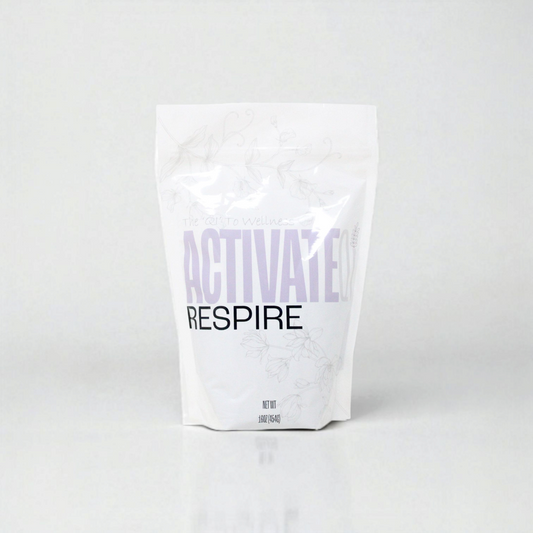Understanding Gas Production in Horses: The Importance of a Clean Diet for Digestive Health
When it comes to equine health, the digestive system plays a crucial role in ensuring overall well-being and performance. One of the often-overlooked aspects of a horse's digestive health is the production of gas during the microbial fermentation process. While it's natural for a horse's gut to produce gas, an excessive buildup can lead to discomfort, bloating, and even more serious digestive issues. This post will explore why gas production occurs, what contributes to excess gas, and how you can optimize your horse's diet to prevent digestive disturbances.
The Role of Microbial Fermentation in Gas Production
Horses, like many herbivores, rely on a specialized system of fermentation to break down fibrous plant material. This process takes place primarily in the large intestine, where a diverse community of microbes (bacteria, fungi, and protozoa) work together to ferment fibrous foods like grasses and hay. During this fermentation, microbes break down the fibers and produce various byproducts, including gas.
In a healthy digestive system, this gas is typically expelled through the horse's intestinal motility—the natural muscle contractions that move food and waste through the digestive tract. However, when horses are fed a diet that is difficult to ferment or too high in rapidly fermentable feeds, the microbial fermentation process can go into overdrive. This leads to an overproduction of gas, which, when trapped in the digestive tract, can result in discomfort and bloating.
The Problem with Rapidly Fermentable Feeds
Certain feed ingredients can contribute significantly to the excessive production of gas in horses. Two common culprits are cereal grains and beet pulp.
1. Cereal Grains
Grains like oats, barley, and corn are often included in a horse's diet to provide additional energy. However, these grains are quickly fermented by microbes in the large intestine, often leading to an overproduction of gas. While grains are a good source of energy, they are also relatively high in starch and sugars, which are rapidly fermented and can cause an imbalance in the microbial population of the gut. This imbalance can lead to the production of excess gas, creating discomfort for the horse.
2. Beet Pulp
Beet pulp, a byproduct of sugar beet processing, is often used as a fiber source in horse diets. While it's considered a digestible fiber, beet pulp is also rapidly fermented in the large intestine. In some horses, especially those with sensitive digestive systems, beet pulp can contribute to excessive gas production.
The Solution: A Clean Diet
The key to managing gas production and maintaining a healthy digestive system in horses is to ensure they are fed a balanced and clean diet. This means avoiding the inclusion of rapidly fermentable feeds such as cereal grains and beet pulp and focusing on fiber-rich sources that are slower to ferment.
Here are some steps you can take to help maintain a cleaner, more balanced diet for your horse:
1. Increase Fiber Intake
Horses are designed to thrive on a diet rich in fiber, particularly from high-quality grass and hay. These fiber sources are digested slowly, allowing the microbial population in the hindgut to work efficiently without producing excessive gas. By providing your horse with more forage and limiting the intake of quickly fermentable feeds, you'll help prevent overproduction of gas.
2. Avoid Grains and Sugars
If your horse is prone to digestive issues or excessive gas production, it's wise to eliminate grains from their diet. Instead, focus on providing slow-releasing energy sources, such as high-fiber hay and pasture.
3. Monitor Forage Quality
Not all forage is created equal. Low-quality hay with a high concentration of dust, mold, or other contaminants can lead to digestive upset, including gas production. Ensure that the hay you're feeding is quality, fresh, clean, and free from mold.
4. Gradual Diet Changes
If you need to make dietary adjustments, always do so gradually. Abrupt changes can stress the digestive system, leading to gas and other digestive disturbances. Gradually increase the amount of fiber and reduce the intake of grains to allow the horse’s digestive system to adapt.
Conclusion
Gas production is a natural byproduct of fermentation in a horse's digestive system, but excessive gas can cause discomfort and digestive issues. By paying close attention to the diet and avoiding feeds that are rapidly fermented—such as cereal grains and beet pulp—you can help maintain a balanced microbial population in the hindgut and prevent digestive upset. A clean diet, rich in high-quality forage and low in starches and sugars, is key to ensuring your horse’s gut stays healthy, comfortable, and gas-free.




